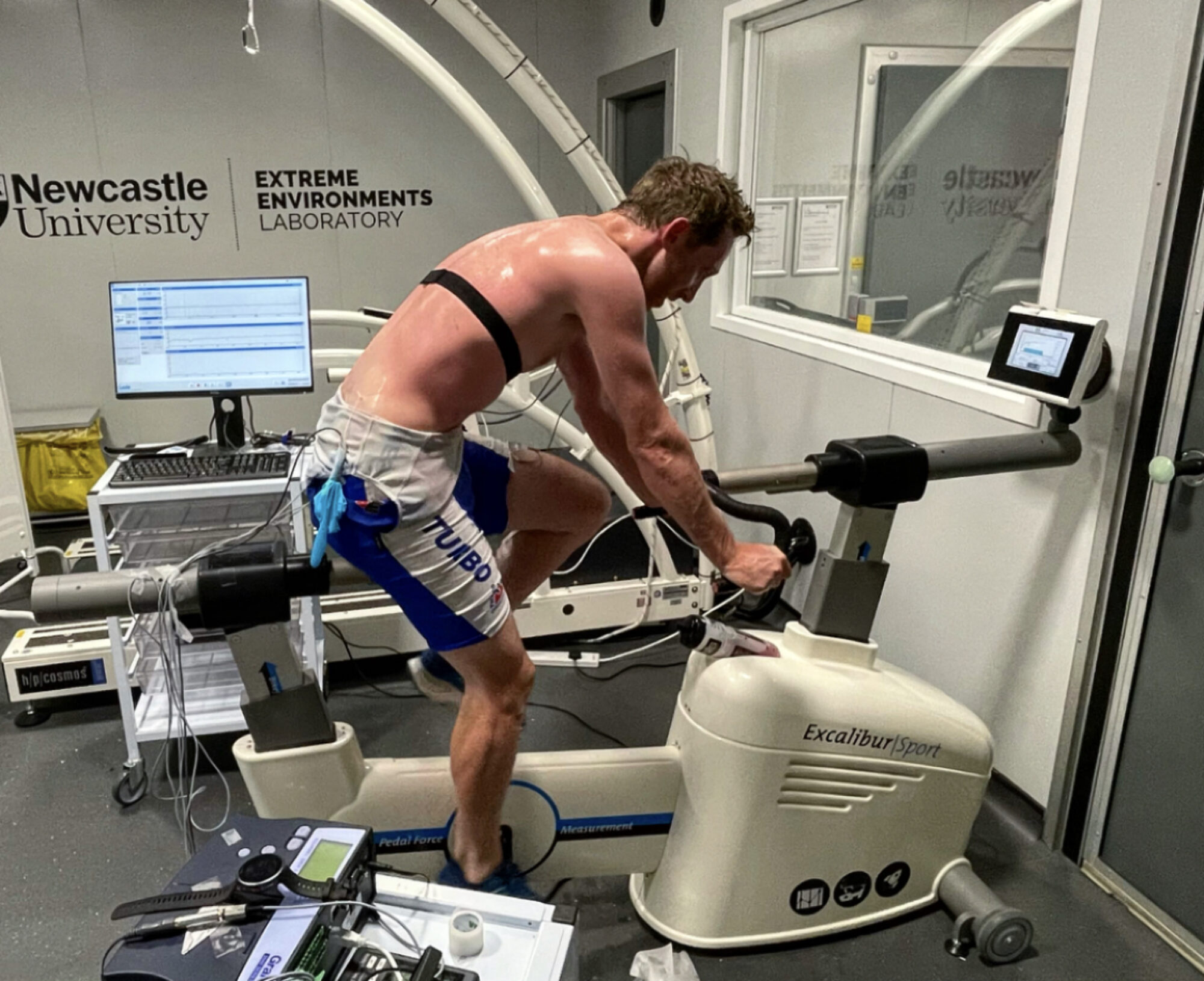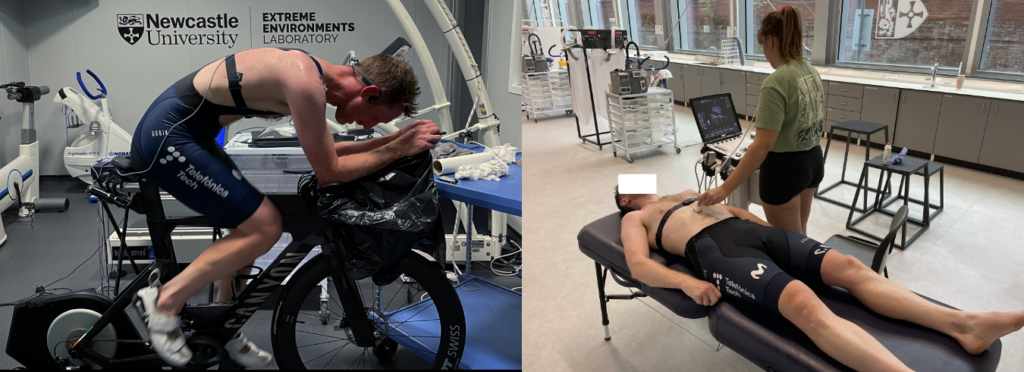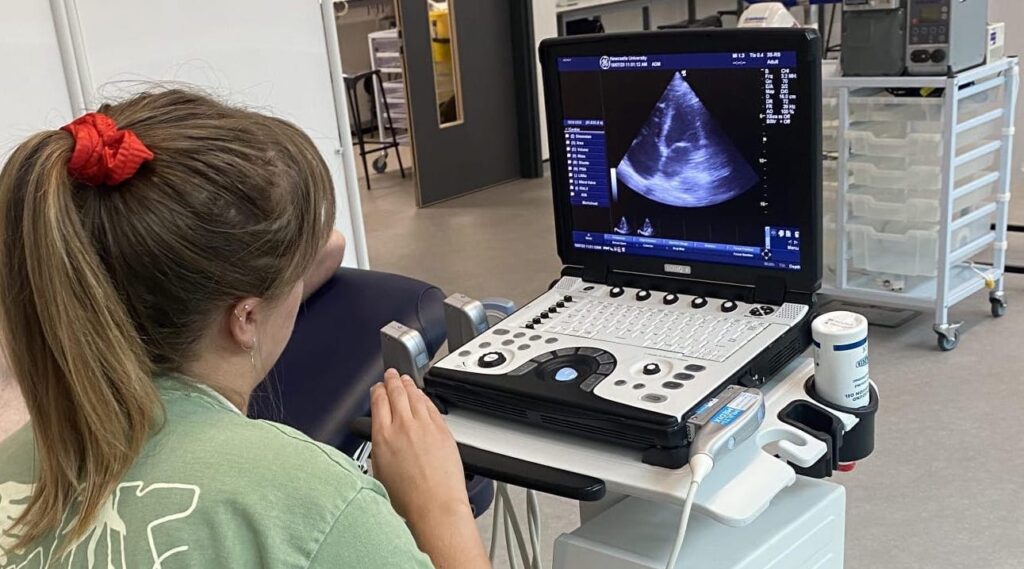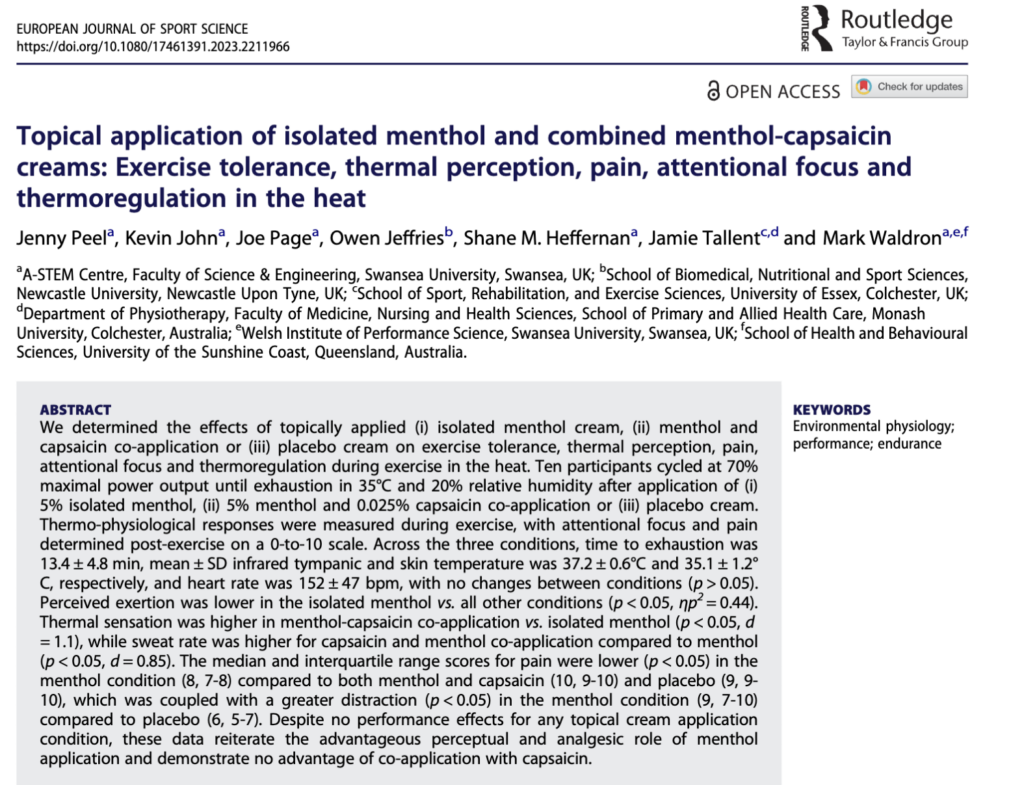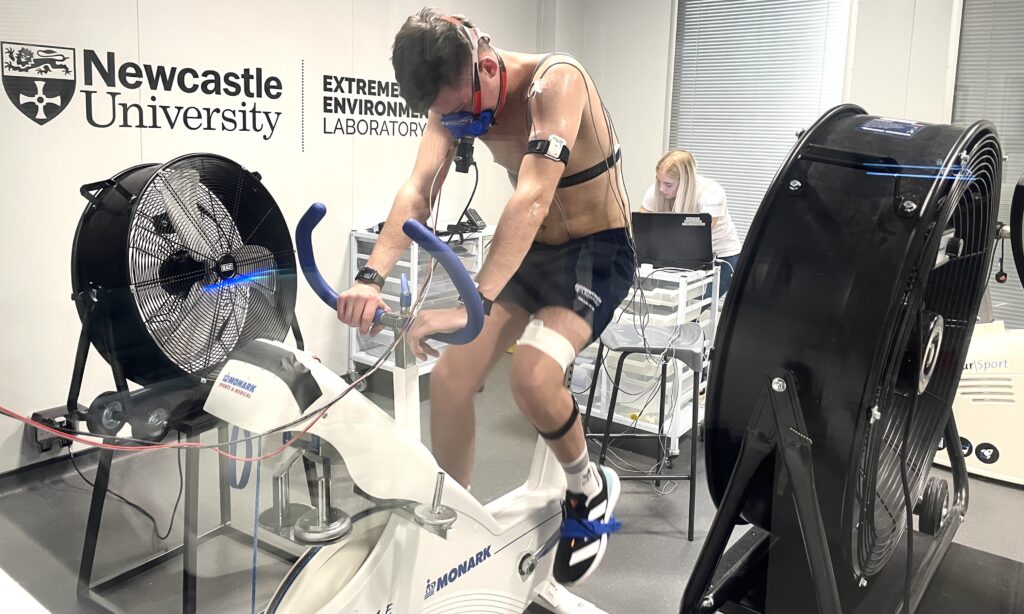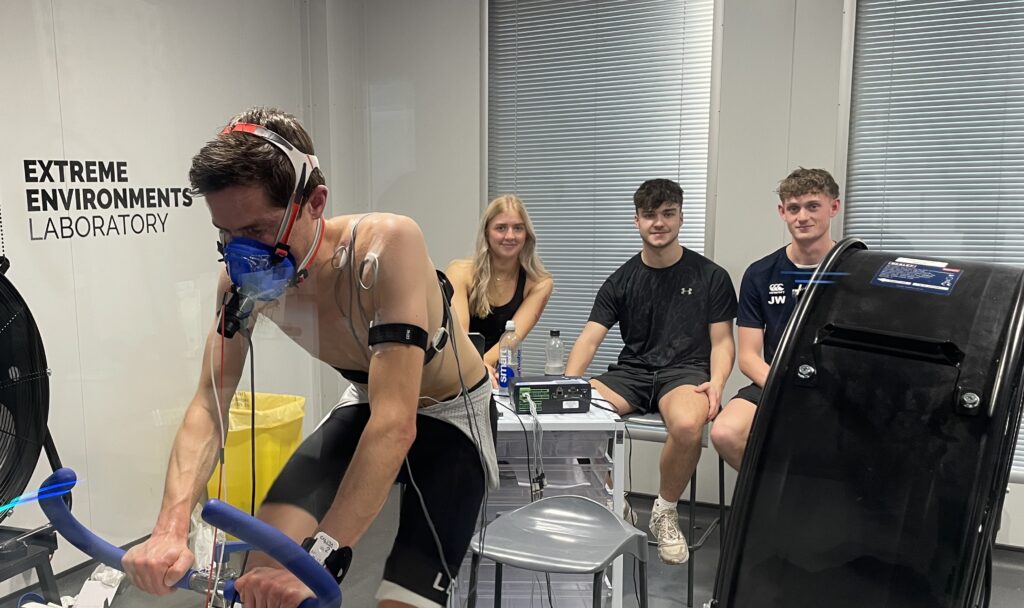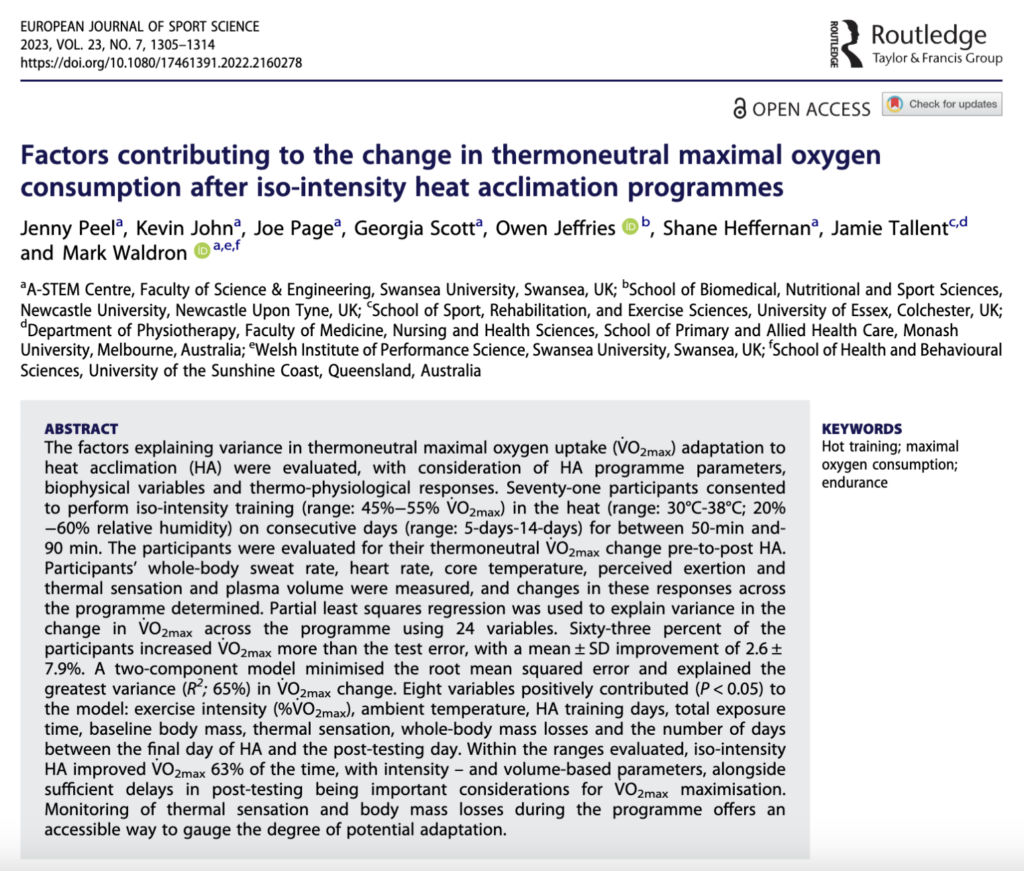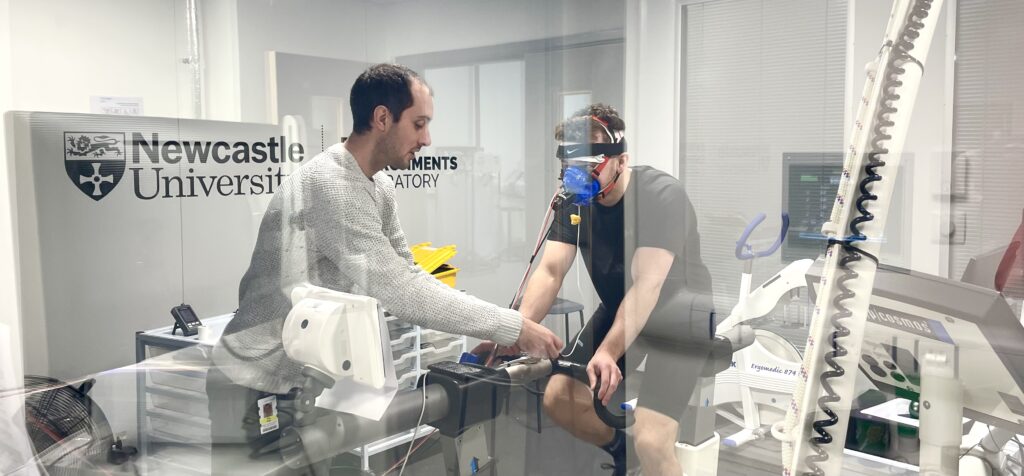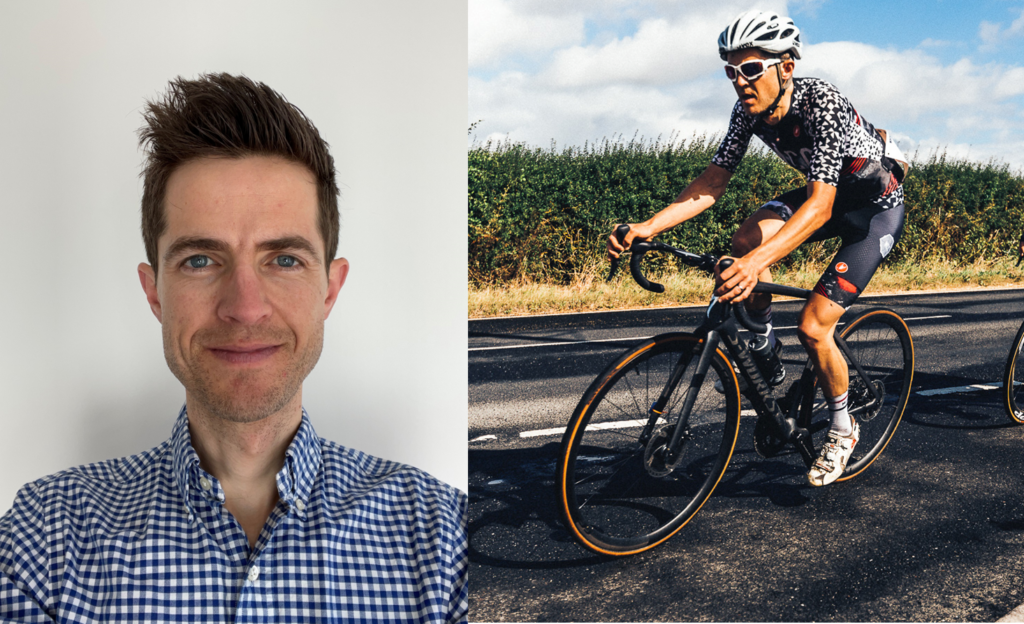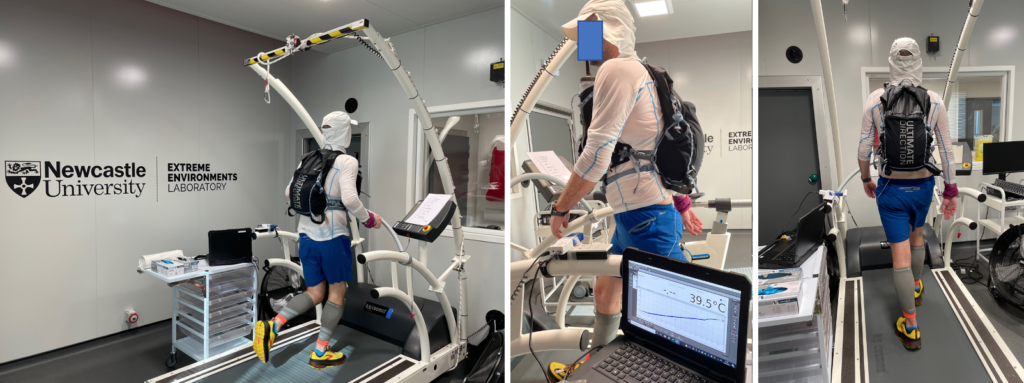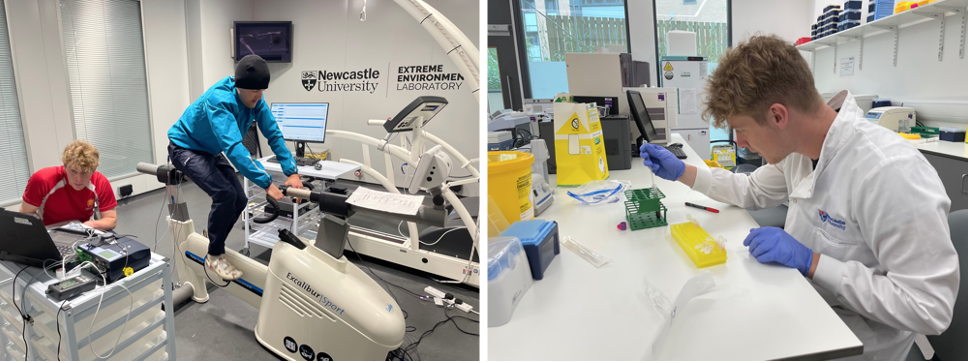Written by Lee Ager (PhD student)
La Marmotte Granfondo Alpes (aka “the Marmotte”) is considered one of the most prestigious and challenging Granfondo events in Europe. Held annually in June in the French Alps, it is a bucket list event for many cyclists attracting close to 5000 riders from around the world. The route typically requires riders to traverse the legendary mountain passes of the Col de la Croix de Fer, Col du Télégraphe, Col du Galibier and Alpe d’Huez, which frequently feature in the Tour de France. A late route change meant the 2023 edition was set to be even longer and tougher than usual, with the addition of the Col du Mollard. This resulted in a 186km route packed with over 5500m of elevation gain and topping out at a maximum altitude of 2650m (Col du Galibier).

Click the link below to read more about La Marmotte and how I prepared for the event with a tailored heat preparation strategy
